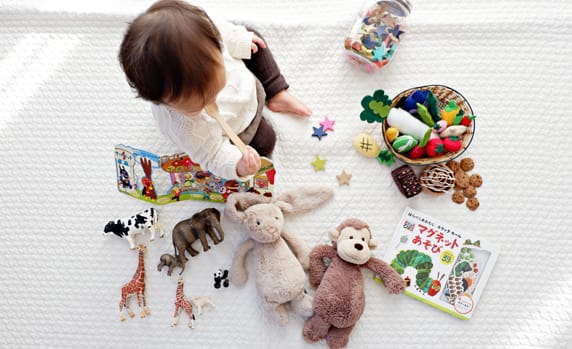Goldfish.
Chicken nuggets.
French fries.
This was the diet of the majority of my students when I was a special education teacher.
I’m not talking sometimes they ate these things… or these were their favorite foods.
I’m talking, this is ALL they ate.
And some of them wouldn’t even allow other foods to come near their plate.

Try to put a carrot near them… scream.
Stick an apple slice on their plate… head on the table crying.
Hand them a sandwich to eat… total meltdown.
It was frustrating and exhausting and perplexing to try to figure out what was going with these students and how we could help them expand their diet.
Trust me, we tried everything we could think of…
- Praise and positive rewards for trying a new food
- Sticker charts and token boards
- Taking away preferred activities until they tried new foods
- Coaxing, begging, pleading
All I remember thinking was, if they were hungry enough, they would eat.
If only it were that simple…







